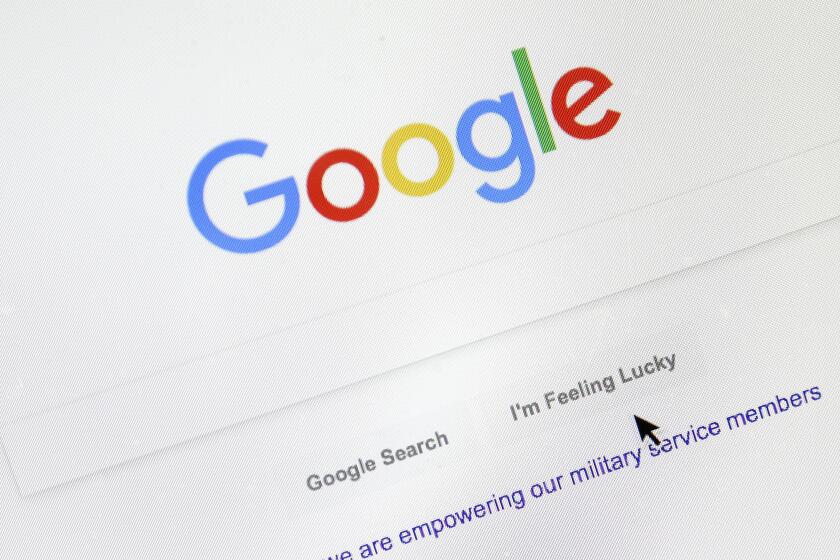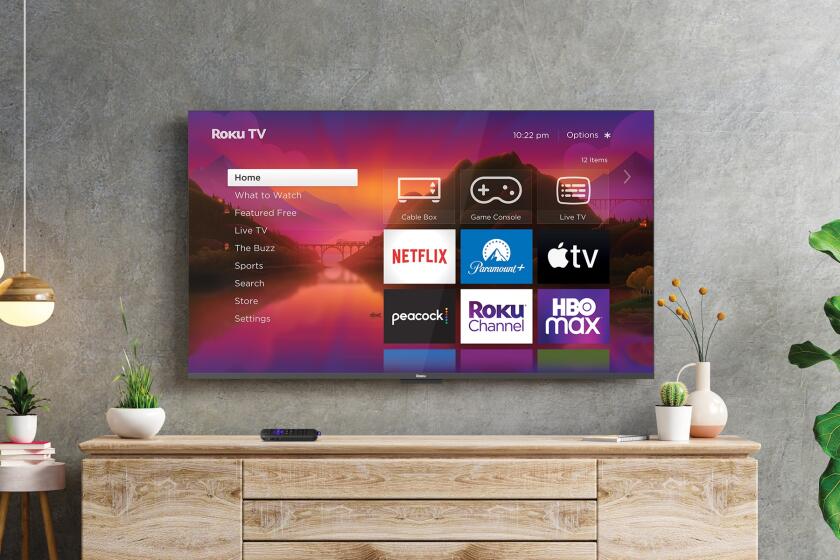Antitrust bill blocking Big Tech favoritism passes House committee vote

The House Judiciary Committee advanced a bill to prevent companies such as Amazon.com Inc., Apple Inc., Facebook Inc. and Alphabet Inc.’s Google from favoring their own products, a measure that critics warned could complicate the use of Apple’s own apps on its iPhones or shopping on Amazon.
The legislation was the fifth bill out of six being taken up by the committee in a session that ran for nearly 20 hours into early Thursday, before breaking until later in the day. The measure, sponsored by antitrust subcommittee Chair David Cicilline, advanced on a narrowly bipartisan 24-20 vote.
The marathon session featured recurring clashes over whether software giant Microsoft Corp. would be subject to the committee’s four bills focused on the biggest tech companies. The criteria for a “covered platform” in those proposals are based on market capitalization, monthly users and whether other businesses depend on the company’s services.
The extensive back and forth featured debate about antitrust principles, content moderation, freedom of speech and even how legislation should define a foreign adversary. These discussions didn’t fall along party lines, and in some cases showed disagreement among Democrats and found Republicans pitted against each other.
Lina Khan’s confirmation to the Federal Trade Commission is expected to result in a ‘flurry of activity’ in the agency’s antitrust efforts.
A White House official said President Biden is encouraged by the bipartisan work to address problems created by big tech platforms and looks forward to working with Congress to continue developing these ideas, indicating that the administration may want to suggest improvements.
The four tech-focused bills are tailored to affect just a handful of large companies, including Apple, Amazon, Facebook, Google and possibly Microsoft. Colorado Rep. Ken Buck, the ranking Republican on the antitrust subcommittee, described this approach as “a scalpel, not a chainsaw,” to address what he described as the anticompetitive practices in the tech industry.
Other Republicans disagreed with that approach. Texas Rep. Chip Roy questioned why antitrust legislation would focus on just a handful of companies, rather than competition principles that could be applied universally. Ohio Rep. Jim Jordan, the top Judiciary Committee Republican, said the bills wouldn’t fix the problem of what he described as censorship of right-wing users online.
Still, the five bills approved so far received bipartisan support — a testament to the widespread anger in Washington at how the biggest tech companies have expanded their economic and political power unchecked over the last few decades, a trend that accelerated during the COVID-19 pandemic.
Tech trade groups have lashed out at the legislation, arguing that it will diminish consumer choice, slow innovation and hurt small businesses.
Cicilline, a Rhode Island Democrat, applauded the collaboration between Republicans and Democrats, not only in drafting the legislation, but also in last year’s 16-month investigation of Amazon, Apple, Facebook and Google.
On Thursday afternoon, the committee was considering its last bill, which was offered by Washington state Rep. Pramila Jayapal, a Democrat. The measure would force platforms to divest entirely from some lines of business.
“The dominant platforms’ dual ownership creates a clear conflict of interest, an irresistible urge if you will, for platforms to preference their own business lines over competitors,” Jayapal said during the hearing. “In simple language, this would be like being the person who sets the rules of the game, calls all the plays on the field, while also playing on one of the teams,” Jayapal said.
Two other tech-focused bills advanced by the committee on Wednesday would make it easier for enforcers to block acquisitions by companies that meet the bills’ criteria and require them to allow users to move their data to different services.
The other two bills considered on Wednesday represent modest measures to support antitrust enforcers. Those two have companion bills in the Senate, which gives them a clearer path to becoming law.
House leaders haven’t said when — or if — there will be a full floor vote on the Judiciary Committee bills. Passing legislation through the Senate is even more difficult as it would require bipartisan support.
Bloomberg writer David McLaughlin contributed to this report.







